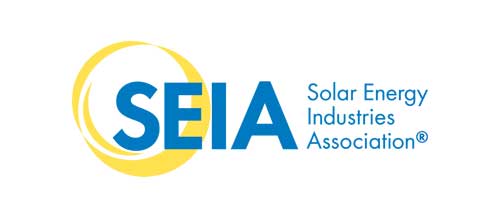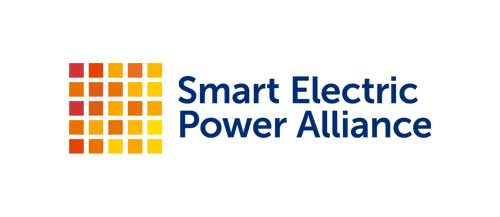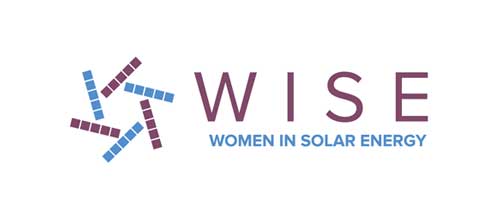Thinking about making the jump to solar, but the price tag keeps sending you back to the starting line? Don’t worry, you are not alone, going green could end up costing a lot of “green”. With upfront costs paying in cash can deter homeowners from making the switch, which is what makes financing such an enticing option. Taking out a loan on a solar system can allow homeowners to switch to solar energy without the upfront investment. A homeowner can increase their monthly savings while simultaneously decreasing their impact on the environment. If you’re curious about the benefits and importance of going solar, check out our other article “Why Go Solar,” where we discuss everything from significant cost savings and reduced electricity bills to increased home value and environmental sustainability.
What about a lease or PPA… isn’t it the same thing as a loan?
Is one better than the other?
Which one should I choose?
Let’s jump into the similarities and key differences between solar loans, leases and PPAs and you can decide what works best for you.
What is a Solar Loan?
Solar loans are an extremely common way to finance your solar installation project. Just like most home improvement loans, you can make an initial down payment and pay your loan off in installments (with interest) until the full loan amount has been paid off. Loans can be secured from your bank, solar retailers or in most cases solar lenders such as Dividend a Division of Fifth Third Bank. If you qualify for financing through Dividend, a Division of Fifth Third Bank* there is no down payment necessary, allowing you to proceed with your solar installation project without any initial financial burden.
What is a Solar Lease and PPA
A lease, very simply put, is a legal agreement to borrow something. In the case of a solar lease, you are paying to borrow the solar power system that has been installed in your home.” To fulfill your home’s energy requirements, you pay a monthly fee to your third-party provider for the solar power system, which allows you full access to the electricity it generates. Power Purchase Agreements or PPAs are a specialized form of a solar lease. While both leases and PPAs offer access to solar energy without the need for upfront costs, they differ in ownership structure and payment arrangements. Leases involve renting the system, while PPAs involve purchasing the electricity generated by the system. In summary, solar leases/PPAs are a low-cost financing option which are great for homeowners who are not ready to fully commit to the full cost of the system.
What’s the Difference Between the Two?
Solar loans and leases/PPAs allow you to save money on your utility bill while also reducing your energy footprint. However, there are differences between the two that are important to note.
Ownership
If you are interested in purchasing a solar system for your home, financing via a loan will help fund this investment. Owning your system outright allows you to reap the benefits for years, it also allows you to have complete freedom and control over how you use and maintain it. With leasing or PPAs you do not have those ownership rights, the third-party provider that installed the system on your home owns it and will ensure its maintenance and up keep, but they also determine your monthly fee. Once your lease/PPA ends your provider could reevaluate your usage and increase your monthly fee year after year (which could potentially cost more than interest on a loan).
Cost & Savings
Every homeowner has one goal – to save money. When comparing the cost and savings between a solar loan and a lease, it’s essential to consider the financial implications over time. With a solar loan, you may face upfront costs, but you own the system, allowing you to benefit from the full spectrum of potential savings on energy bills and tax incentives.
On the other hand, a lease/PPA often involves no upfront cost but may result in lower overall savings since you’re essentially renting the system and might not fully capitalize on long-term incentives. The choice between a loan and a lease/PPA depends on how you balance initial investment with the potential for greater cost savings over the lifespan of the solar system.
Maintenance
While ownership is great when it comes to long-term savings it may not always be the best option especially when it comes to costs associated with solar system maintenance. When you finance via a lease your third-party provider is responsible for installation, upkeep, and maintenance of your whole system for the duration of your lease/PPA. However, it’s essential to review the lease agreement carefully to understand the extent of the maintenance coverage and any associated costs. With a loan comes system ownership where you get to control the quality and frequency of maintenance.
What’s the Big Takeaway
In weighing the decision between leasing, entering a Power Purchase Agreement (PPA) or taking out a solar loan, it’s important to remember that each option carries its own set of advantages and considerations.
A lease or PPA may not offer long-term savings compared to ownership through a loan, but it offers convenience, reduced financial risk, and added support for system maintenance and performance. On the other hand, opting for a solar loan could potentially involve upfront costs but the long-term financial benefits, ownership advantages, and potential for increased property value make it a compelling option for those looking to maximize savings and invest in sustainable energy solutions for their homes.
You may not know exactly what financing option is best for you but look to the bright side, you have decided to go solar! And by switching to solar you are helping your planet by reducing your energy footprint (and your monthly utility bill). Contact your local solar installer today and discuss what financing options are available for you through Dividend, a Division of Fifth Third Bank.




